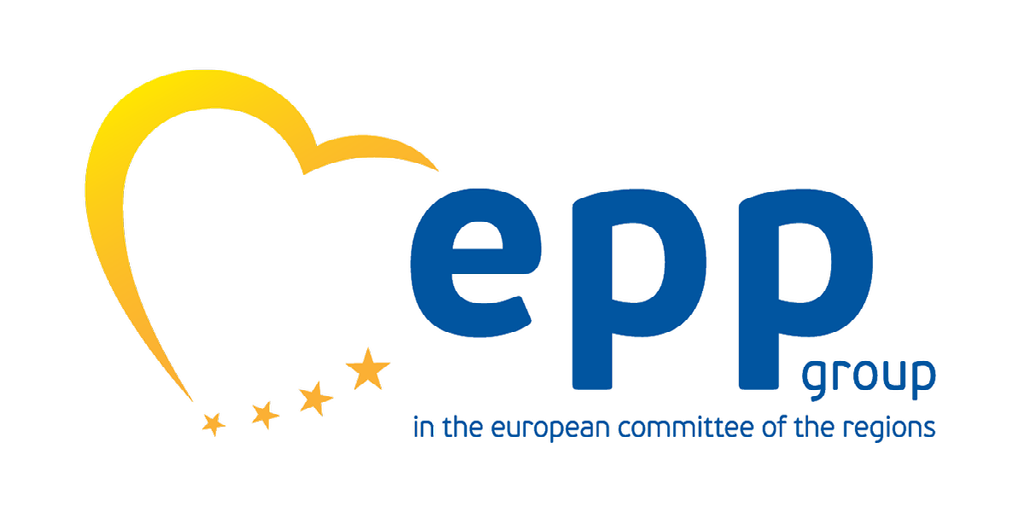Regions and cities will be key actors to boost reduction of waste Interview with Domenico Gambacorta
Domenico Gambacorta, rapporteur of the European Committee of the Regions on the "Legislative proposals amending the waste directives"
What are your views on the new circular economy package as proposed by the European Commission and in particular on the amended proposal on the waste directives?
The transition towards a circular economy model will generate many opportunities for all,
starting with the overall improvement of the environment and the progressive reduction in Europe's dependence on imports of raw material.
In times of growing international competition for resources, these measures will contribute in preventing further increases in waste generation, and encourage responsible recycling and reuse policies.
Why do we need a new definition of municipal waste?
In my view, it is essential to outline a clear set of harmonized definitions on waste in the directives.
The objective is to provide a model in line with the European Waste Catalogue, in order to avoid ambiguities and difficulties in implementation of waste policies. In addition to this, we need comparative data on the progress made by Member States and regions. This model is particularly important for the proposed new definitions on "municipal waste", "final recycling process", "landfill", "preparation for reuse" and "waste."
It seems that across the EU there is a lot of incomparable data related to waste collection. How would you convince all the European partners to harmonise the calculation methods? Is it necessary?
Improving the quality, reliability and comparability of the data is certainly an issue which cannot be neglected.
We need a single calculation point for all data on waste.
We must forego redundant and outdated reporting obligations on targets and implementation of waste legislation. We also need harmonised calculation methods for recycling rates across the EU.
Your opinion calls for ambitious yet realistic targets to be integrated into the revised directives. To decrease the quantity municipal waste by 10% by 2025 and increase the preparing for re-use and the recycling of municipal waste by at least 70% by 2030. How do you convince your partners that investment in this field could bring added value? Should there be any funding opportunities supporting such incentives for local and regional authorities?
These objectives have already been outlined in other legal documents such as the 'Seventh Environment Action Programme for the Environment".
In addition, a number of national waste prevention programmes already foresee quantitative targets for specific sectors and types of waste with different timelines to achieve goals. The European Union's task should be to harmonize these indicators for all Member States, however, with different deadlines depending on specific local and regional situations.
Waste prevention is the most effective way to improve the management of resources and reduce negative environmental impact.
In order to facilitate the application of the waste hierarchy, it is necessary to introduce financial incentives aimed at attaining the goals of prevention and recycling. This can be done by introducing taxes on landfilling and incineration, charges proportional to the quantities of waste produced, Extended Producer Responsibility schemes and incentives for local authorities to act.
Why is the role of local and regional authorities in waste prevention and in waste management important? What are the main challenges that you see from this level?
The transition towards a circular economy requires a holistic approach involving all levels of government across different policy areas. The circular economy is not only about the waste hierarchy, but also about a territorial hierarchy, since local and regional authorities are the closest to citizens and thus understand their actual needs. For this reason, local and regional authorities must be treated as key actors in designing and implementing waste policies. In addition, effective waste management policies aimed at recycling and reusing need to be defined. At the same time, it is imperative to create strategies that make waste a resource - a driving force for the local circular economy and not simply seen as burden. In this regard,
I consider the creation of a Covenant of Mayors on Waste Management as an ambitious but achievable political goal in this endeavour.
Finding inspiration from the good practices already achieved by the Covenant of Mayors for Climate and Energy, a Covenant of Mayors on Waste Management would be a good way to create a network of local and regional politicians and facilitate the achievement of targets set in the new package of measures.
What kind of benefits could circular economy offer to our citizens in Europe?
The Commission's four legislative proposals introduce ambitious objectives for reuse, recycling and landfilling waste. From this perspective, I am convinced that the circular economy should be ambitious, but at the same time realistic. The objectives must be easily translated into practice and certainly not remain on paper. For this reason, I call for a balanced and reasonable approach. As the name says, we need to encourage a "circular" view, recognising the environmental benefit factor as well as the economic and financial incentive to participate.
Going further into facts and figures, potential benefits for consumers, companies, and also for the environment and for our economies are crystal clear.
By 2030, we will create 2 million new jobs in this area, and increase our GDP by nearly 1% and productivity by 30%.
